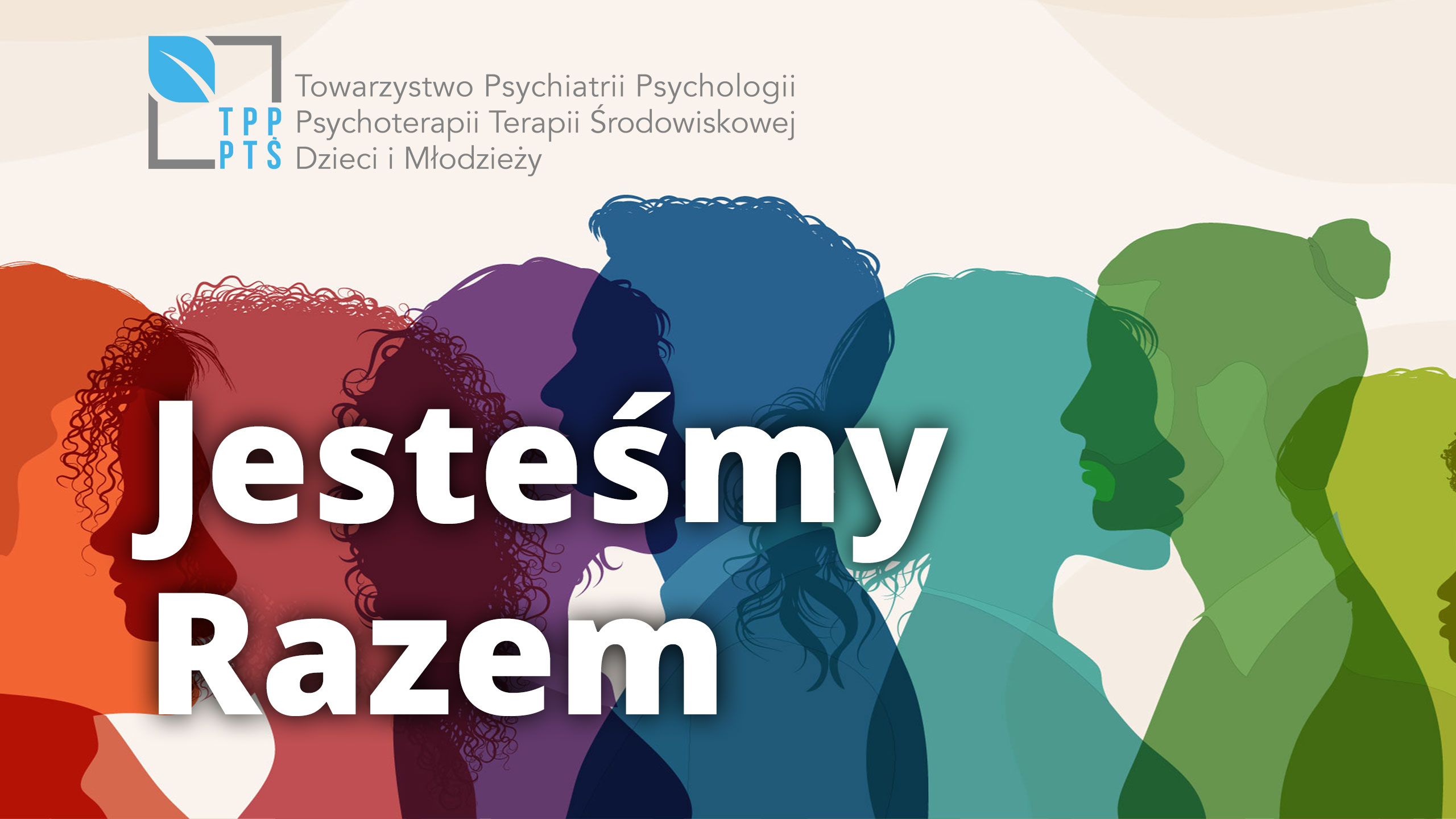Coping with stress and social network among parents participating in the process of early intervention
Sylwia Wrona, Kamila Wrona
 Affiliacja i adres do korespondencji
Affiliacja i adres do korespondencjiEarly intervention and early support are actions aimed at a child with disturbed development and their families. The emergence of any developmental disorders in a child is always a stressful situation and demanding changes and taking action to support parents. The resource enabling one to get additional help is the social network of the family. The quality of services depends on the size and category of persons that compose it. It should be borne in mind that focusing solely on the rehabilitation of the child – taking for granted the needs of the remaining family members – may lead over time to the dysfunction of the whole family. Restrictions that appear and result from the child’s disability, create a real threat of marginalising or even exclusion of the family from social life. It is unable to overcome the crisis without any help, therefore the actions of family support networks also play an important role. The main objective of this article centred around the information on the relationship between the size of a support network, the kind of the disorder in children and strategies for coping with stress in parents of children participating in the process of early support or early intervention. The study covered 93 parents. The Map and Questionnaire of Social Support of Zdzisław Bizoń and Inventory to Measure Coping Strategies with Stress – Brief COPE were applied. Analysis of the results showed no significant correlation between the two variables. The applied statistical analysis allowed us to identify the most commonly used strategies to cope with stress by parents and enabled us to characterise the size of the network and the categories of people who create it. The article ends with conclusions concerning the areas of practical actions under early intervention.














